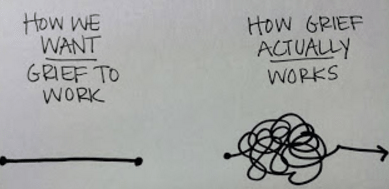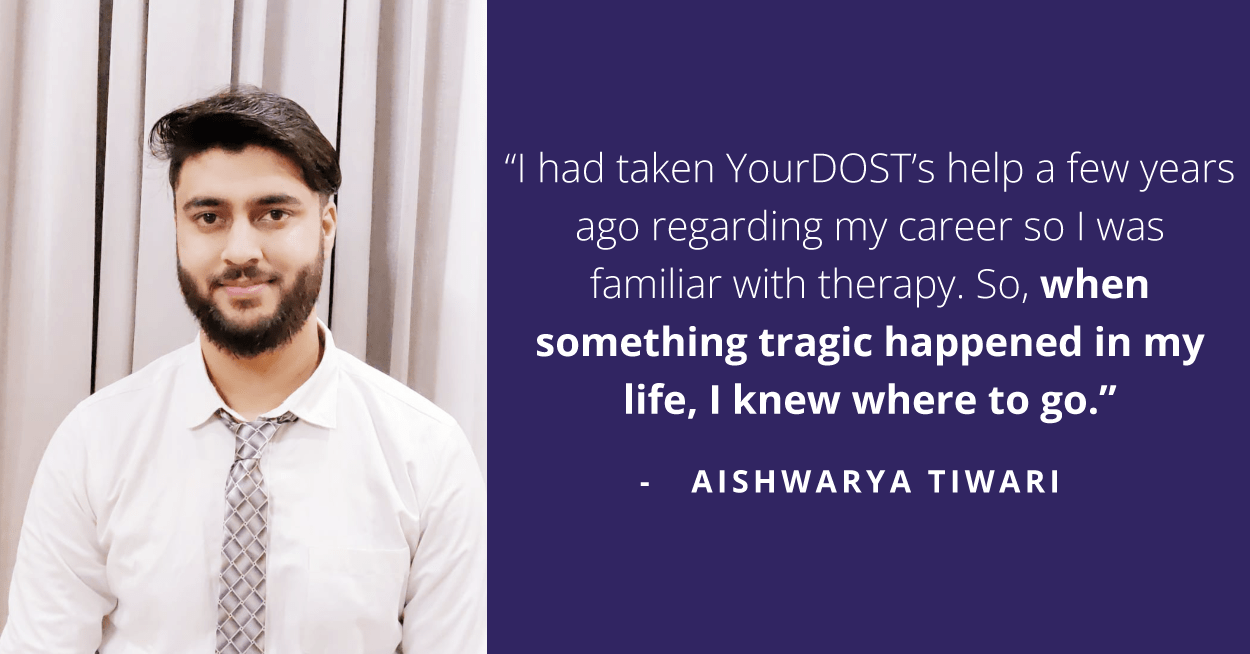Grief is a process and not an event, it involves painful feelings. We all experience grief at some point of life and as the time passes we all learn to cope with those feelings. But it is always helpful to acknowledge and take measures for better healing.
-
Vent it out: Talk about your loss to friends, family or a professional. Talking is one of the best form of venting and help grieve better.Do not try to hold back or hide the sentiments. If one feels like crying, embrace it.
- Be patient: Grieving requires time and energy as it is an important process. We are wounded and will take time to heal but in the process give yourself good sleep, nourished food and adequate breaks for better emotional stability.
- Stay with the feeling: Grieving is a natural process. It is absolutely okay to feel sad at a loss. Do not avoid the feeling, it will eventually pass. Forceful involvement at work will only leave us with very little time for the grieve work that is necessary.
- Channelize your anger: Anger is one of the most common response of grief. Do not suppress it for it will keep coming back. Instead channel the anger into constructive actions. Like volunteer work, sports, group involvement.
- Write a letter: Give yourself a change to express. The grief process is highly individual. Not everyone is able to talk about grief. Writing a letter to oneself or the one who is lost can help get you some relief.
-
Share mutual support: Talk about your loved one at holidays when his or her absence is most obvious. Don’t avoid it with the thought of spoiling the festivities. This is the perfect time to check in with other family members about how they’re doing with grief work, and share mutual support.
-
Take care of yourself. Grieving puts a heavy burden of stress on the body. It can lead to disturbed sleep patterns, depression, weaken our immune system, and other medical problems. Take prescribed medications and get regular check-ups.





